Search
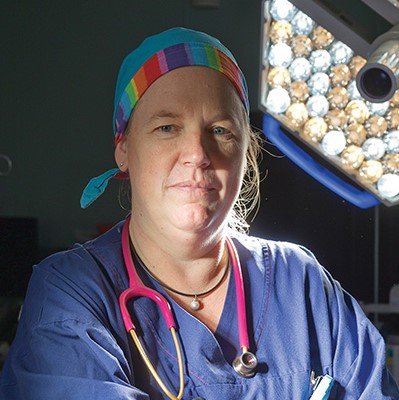
The Perioperative Medicine team has developed a unique chewable tablet that gives the child the sensation of having a full stomach, without compromising their fasting regime.
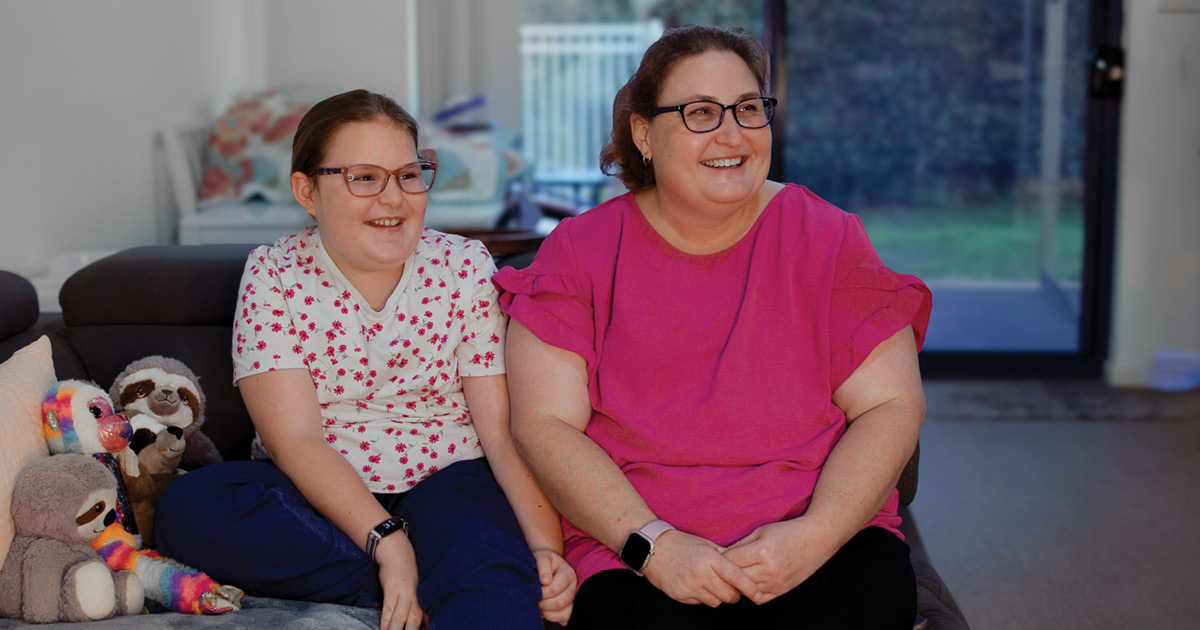
Helping children build resilience and cope with the trauma associated with medical emergencies and chronic health conditions is the focus of a promising pilot program being undertaken by The Kids Research Institute Australia.
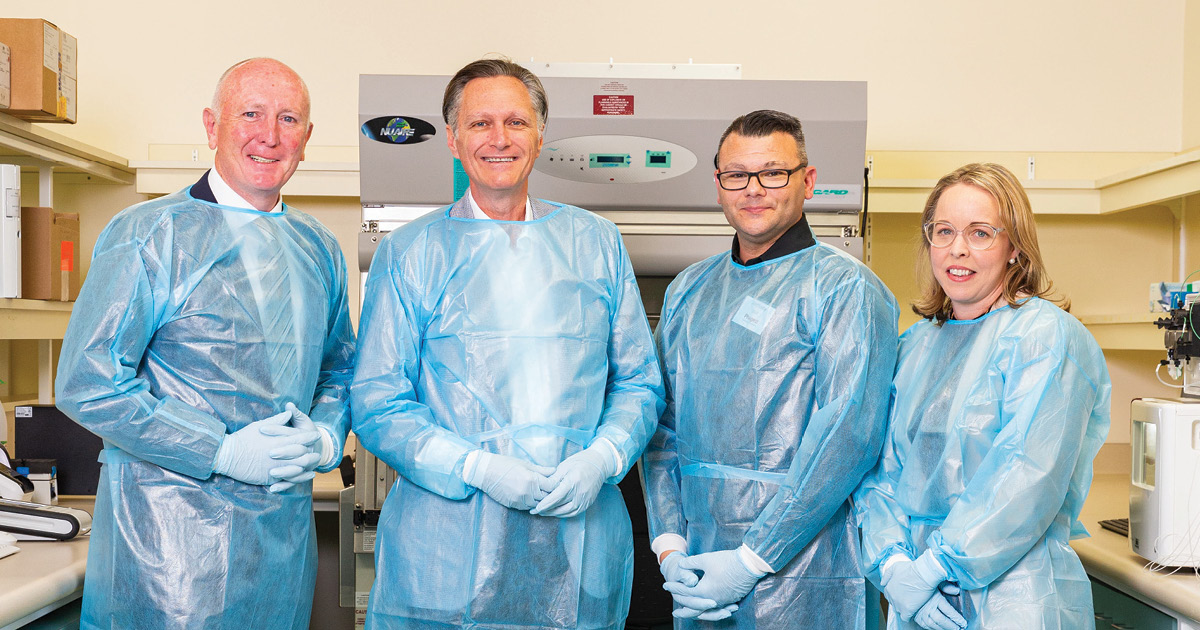
Western Australia’s first bacteriophage manufacturing facility has been opened in a significant development that brings patients battling antibiotic-resistant infections a step closer to life-saving phage therapy.
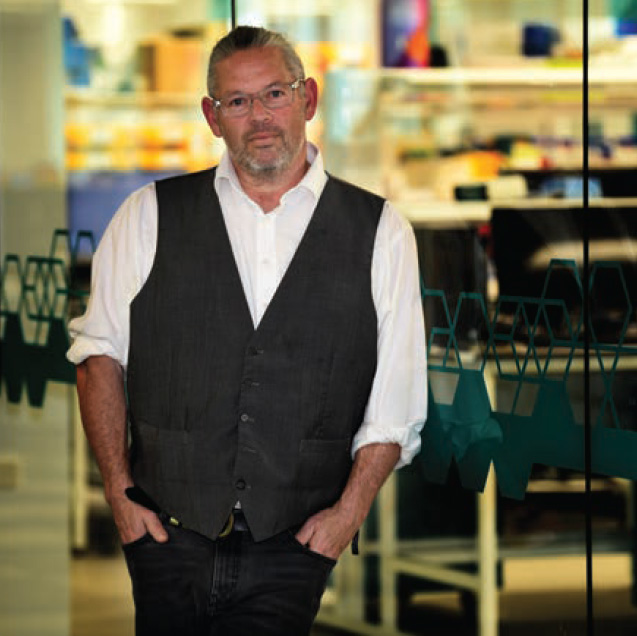
Scientific discoveries over the past 30 years mean doctors now have a deeper understanding of what causes disease and how those diseases might progress.
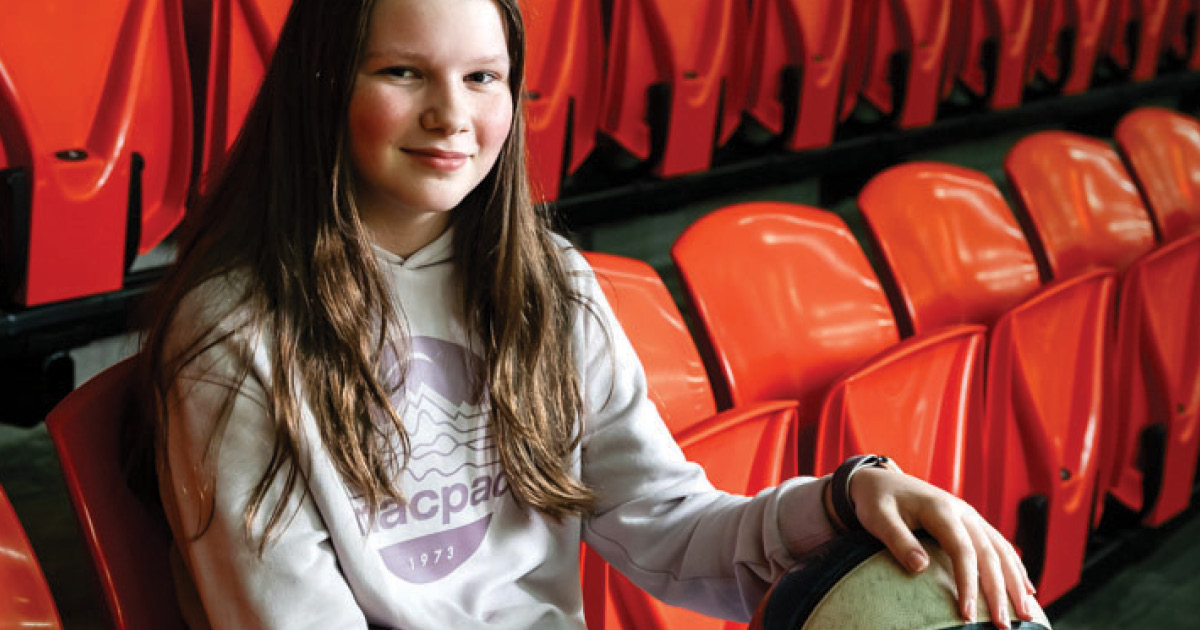
Sports coaches across Australia can now access WA-designed sport resources, which aim to help coaches better understand type 1 diabetes (T1D) and encourage children living with the condition to stay in sport.
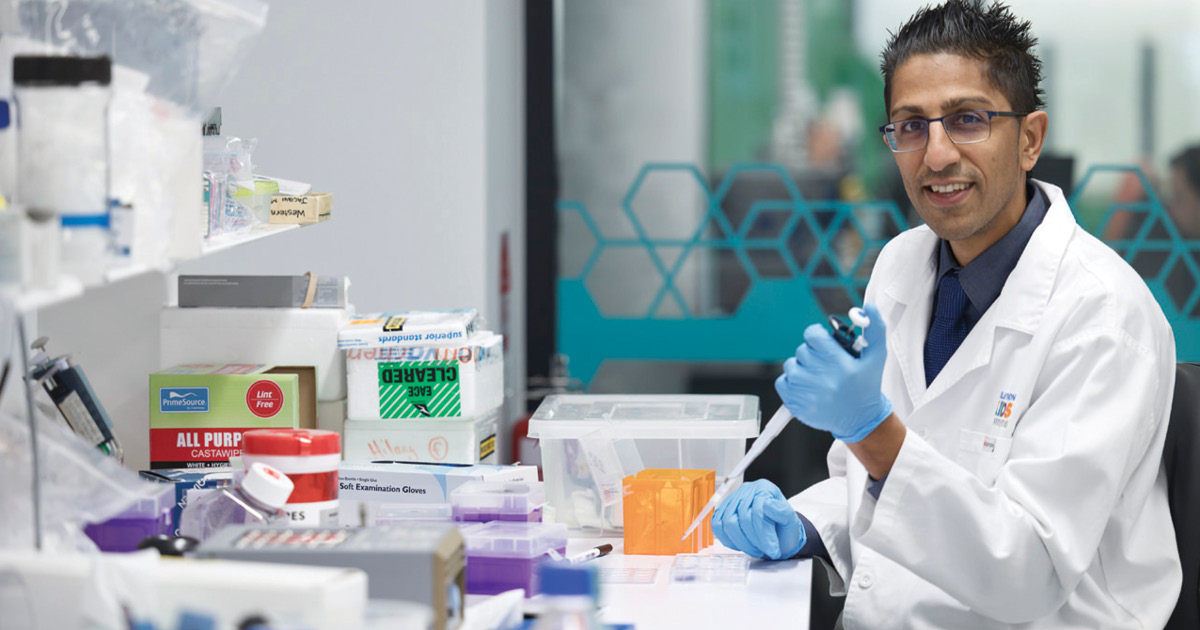
A pilot clinical study has found an immunotherapy drug can dramatically increase survival rates for babies with a rare form of leukaemia, paving the way for a major international clinical trial.
Research
Adapting a measure of gross motor skills for individuals with CDKL5 deficiency disorder: A psychometric studyValidated measures capable of demonstrating meaningful interventional change in the CDKL5 deficiency disorder (CDD) are lacking. The study objective was to modify the Rett Syndrome Gross Motor Scale (RSGMS) and evaluate its psychometric properties for individuals with CDD.
Research
Data resource profile: the ORIGINS project databank: a collaborative data resource for investigating the developmental origins of health and diseaseThe ORIGINS Project (“ORIGINS”) is a longitudinal, population-level birth cohort with data and biosample collections that aim to facilitate research to reduce non-communicable diseases and encourage ‘a healthy start to life’. ORIGINS has gathered millions of datapoints and over 400,000 biosamples over 15 timepoints, antenatally through to five years of age, from mothers, non-birthing partners and the child, across four health and wellness domains.
Research
Perinatal Women’s Perspectives of, and Engagement in, Digital Emotional Well-Being Training: Mixed Methods StudyPsychological distress in the early postpartum period can have long-lasting deleterious effects on a mother's well-being and negatively affect her infant's development. Intervention approaches based in contemplative practices such as mindfulness and loving-kindness and compassion are intended to alleviate distress and cultivate well-being and can be delivered effectively as digital mental health interventions.
Research
Wellbeing and distress in young people with chronic conditions: how do positive psychology variables relate to mental health outcomes?The aim of this study was to determine the unique and shared contributions of various positive psychology constructs (gratitude, optimism, hope, self-compassion, self-efficacy, and emotion regulation) to wellbeing and distress outcomes in young people living with a diverse range of chronic health conditions.
